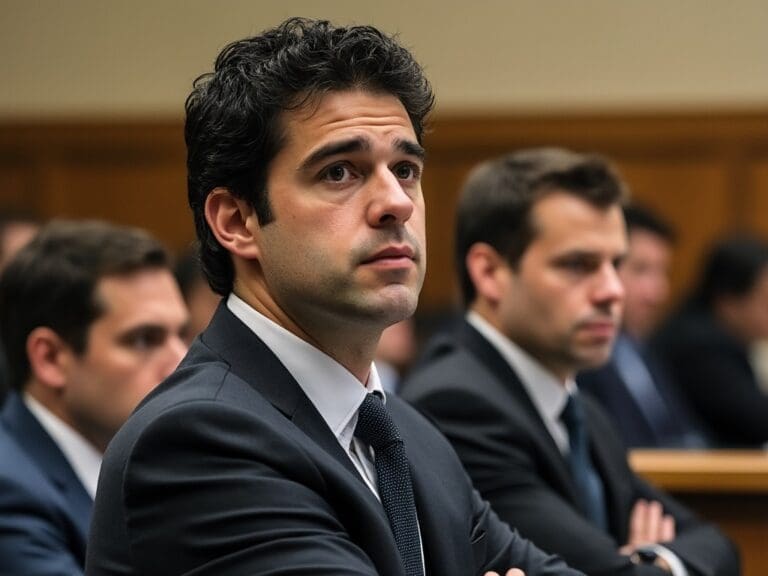Drogas

Desmitificar las leyes sobre drogas: Guía breve
El ámbito de las leyes sobre drogas es a la vez vasto e intrincado, y desempeña un papel fundamental en nuestro sistema judicial. Ya se trate de posesión, distribución o fabricación, entender estas leyes es primordial, especialmente si uno se encuentra inadvertidamente en el lado equivocado de ellas.
1. Clasificación de los medicamentos: Las drogas suelen clasificarse en función de su potencial de abuso y sus beneficios médicos. Por ejemplo, se considera que las drogas de la Lista I tienen el mayor potencial de abuso sin ningún beneficio médico, mientras que las drogas de la Lista V tienen un bajo potencial de uso indebido y usos médicos reconocidos.
2. Posesión frente a distribución: Mientras que la posesión personal puede dar lugar a penas severas, los cargos relacionados con la distribución o fabricación de drogas pueden dar lugar a sentencias aún más duras. Es crucial distinguir entre los dos, ya que la intención puede afectar significativamente a los posibles resultados legales.
3. Jurisdicciones estatales frente a federales: Aunque la ley federal sirve de marco general, las leyes de cada estado pueden variar significativamente. Por ejemplo, mientras que la marihuana puede ser legal en un estado, su posesión puede acarrear graves sanciones en otro.
4. El papel de las pruebas: En los casos relacionados con drogas, las pruebas son primordiales. Desde la ubicación de las drogas a cómo se obtuvieron y la intención detrás de su posesión, cada aspecto puede ser escudriñado en la corte. La representación legal es crucial para impugnar eficazmente cualquier registro o incautación ilegal.
5. Posibles defensas: En el mundo de la legalidad relacionada con las drogas, las defensas pueden ir desde la ausencia de conocimientos sobre las drogas hasta su uso previsto para consumo personal y no para distribución.
En conclusión, aunque las leyes sobre drogas puedan parecer sencillas a primera vista, conllevan capas de complejidades. Si usted o un ser querido se enfrentan a cargos relacionados con las drogas, o simplemente desea mantenerse informado, la comprensión de los conceptos básicos de las leyes de drogas y la búsqueda de asesoramiento jurídico oportuno puede hacer un mundo de diferencia.
_______________________________________
Understanding Criminal Law on Drugs: Navigating Legal Challenges and Solutions
In today’s society, the legal landscape surrounding criminal law on drugs is both complex and dynamic. As governments worldwide continue to battle the scourge of illegal substances, understanding the nuances of drug-related laws becomes crucial for both legal professionals and the general public. This comprehensive exploration delves into the intricacies of criminal law as it pertains to drug offenses, offering insights into the legal challenges and solutions that are part of navigating this contentious field.
Criminal law on drugs encompasses a broad spectrum of offenses, including possession, distribution, trafficking, and manufacturing of illegal substances. Each of these categories carries its own set of legal implications and potential penalties, which can vary significantly from one jurisdiction to another. For individuals facing drug charges, the stakes are high, as convictions often lead to severe consequences, including hefty fines and lengthy prison sentences.
At the heart of the legal response to drug offenses is the distinction between simple possession and more serious charges such as trafficking or distribution. Simple possession charges typically involve smaller quantities of drugs and may be considered lesser offenses, but they can still result in significant legal penalties. On the other hand, charges related to the sale or distribution of drugs are treated with much greater severity, reflecting the legal system’s intent to curb the spread of illegal substances.
Legal defenses in drug cases are as varied as the charges themselves. Strategies may include challenging the legality of a search and seizure, arguing for the exclusion of evidence obtained in violation of constitutional rights, or negotiating plea bargains to reduce charges and penalties. For legal practitioners, staying abreast of the latest legal precedents and legislative changes is paramount in effectively defending clients accused of drug-related offenses.
Drug diversion programs represent a pivotal aspect of the legal system’s approach to drug offenses. These programs aim to offer alternatives to incarceration, focusing on rehabilitation and recovery for individuals struggling with substance abuse. By addressing the root causes of drug-related criminal behavior, diversion programs strive to reduce recidivism and help individuals reintegrate into society as productive members.
El panorama jurídico de drug policy reform is constantly evolving, with some jurisdictions adopting more progressive approaches to drug offenses. Decriminalization and legalization of certain substances, particularly cannabis, have led to significant changes in how the legal system handles these cases. These reforms reflect a broader shift towards a more nuanced understanding of drug use and abuse, emphasizing public health and safety over punitive measures.
In conclusion, navigating the complexities of criminal law on drugs requires a deep understanding of both the legal framework and the societal issues that fuel drug-related crimes. For those facing drug charges, the assistance of knowledgeable legal counsel is indispensable. As the legal landscape continues to evolve, staying informed and adaptable is key for legal professionals working in this challenging field. The ongoing debate over drug policy reform and the effectiveness of current laws underscores the importance of a balanced approach that prioritizes justice, rehabilitation, and public health.


